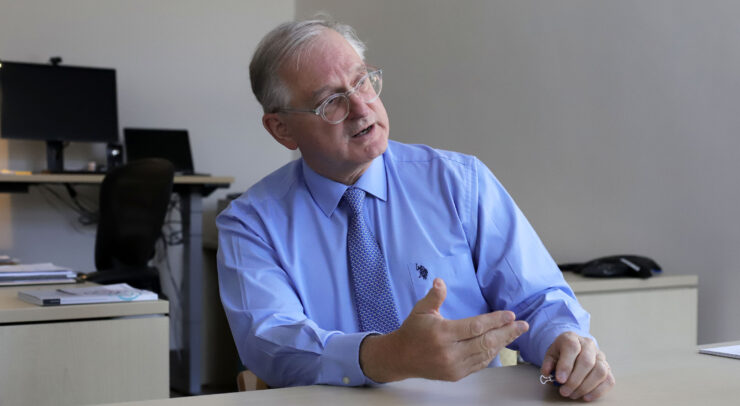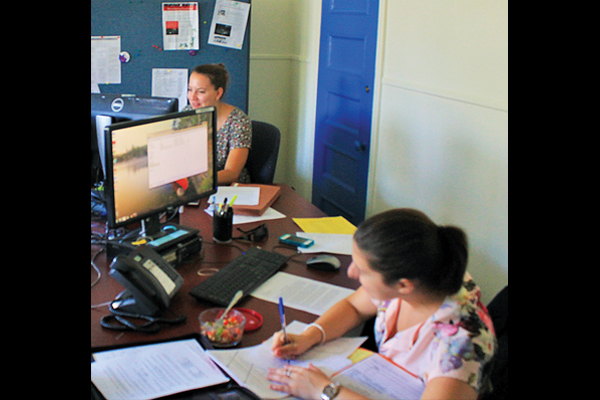Canadian history videos discussed for historical, communication values
The University of Ottawa is hosting a roundtable event on Jan. 30 at Morisset Library titled “60 Second Storytelling,” focused on the role that Heritage Minutes play in the public perception of Canadian history.
The minute-long summaries of national events initially rose to prominence in the early ‘90s and have become a familiar part of Canadian public broadcast, often airing on the CBC and CPAC, and being shown in public schools around the country.
Since their inception, Heritage Minutes have become a field of study unto themselves, with several books and academic articles published concerning how they have impacted a generation’s perception of their nation. Serge Durflinger, a professor of history at the U of O specializing in Canada’s wartime history, will be speaking as a specialist at the event.
Durflinger states that the purpose of the panel is to examine Heritage Minutes from a critical perspective as a form of communication.
“I think all the Heritage Minutes, regardless of subject matter, often display the same central idea, which is that Canadian history is interesting, it’s worth knowing, and it’s worth celebrating. It’s underpinned by a celebratory message,” he said.
Durflinger explained that the uniquely Canadian form of history was born out of a complex sense of nationality that Canadians have struggled with for decades.
“Canadians often feel like they are in the shadow of something bigger—the United States. The history that was taught in school that was considered great was British history. So in more recent years, we have seen a trend in national affirmation and cultural strategies that aim to create a unique sense of Canadianism.”
According to Durflinger, the “Triumphalist” view of history portrayed in Heritage Minutes has been imperative to our understanding of Canada and our sense of national identity. They often focus on Canada’s victories in social, Indigenous, and women’s rights, with a lens of success, rather than pure objectivity in the subject.
Despite their pro-Canadian views, Heritage Minutes are well-researched and often seek consultation from academic experts. Rather than being propaganda, Durflinger explains that they draw attention to Canada’s very real victories, which have been neglected in traditional history curricula.
Durflinger sees a lot of good in Heritage Minutes, but he does admit that there are some faults to the format that may be discussed at next week’s event.
“There will always be winners and losers, things that get picked and things that don’t. For example, I don’t think there is a Heritage Minute for the welfare state—a citizen has an expectation that the government will sustain their lives…. It’s what makes this country unique and its one of the great building blocks of Canadian history.”
Derflinger hopes that this talk will address some of the concerns seen in Heritage Minutes as well as many of their triumphs, stating that they are an important and powerful format that deserves the attention and support of the public.
The University Library will be hosting ‘60 Second Story Telling’ on January 30th. Details can be found on their website.





